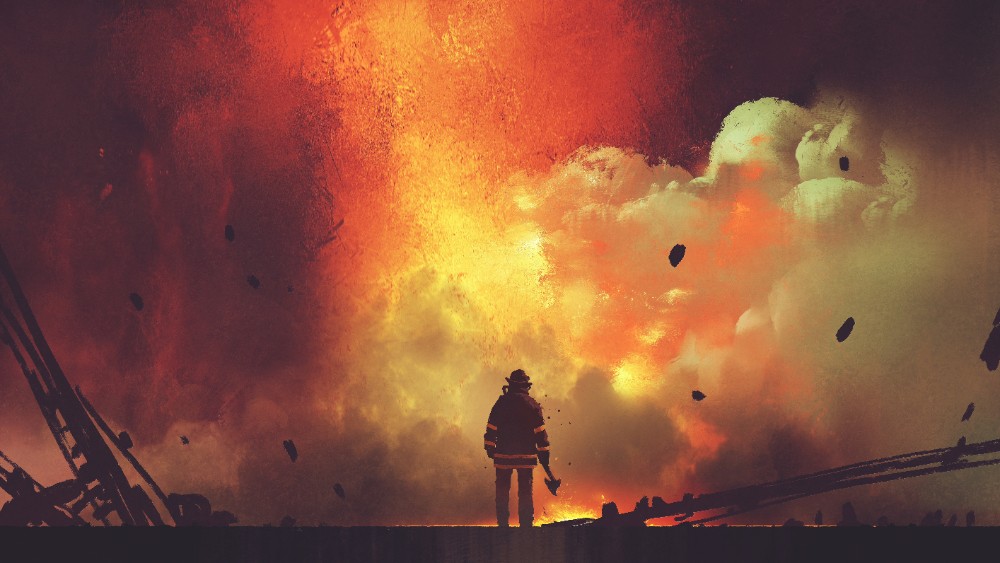The men and women who are employed as police officers, firefighters, coast guards, military soldiers, and emergency medical technicians (EMT) are recognized as the first responders to the most prolific and tragic situations in communities in the United States and in other countries around the world. First responders display courage and support to some of the most heinous crimes and accidents to grant care to those in need of assistance. Most of us would not be able to handle the stress and the pressure that these jobs entail, yet these humble and fearless heroes show up for us every day.
One of the pitfalls in the job of a first responder is being prone to developing post-traumatic stress disorder (PTSD). All the abuse, violence, accidents, gore, overdose, and trauma that they experience on a daily basis is hard to unsee and difficult to emotionally process without taking advantage of the resources that are offered to them. These unsung heroes often do not realize that they need help until it is too late because they believe they can handle what they encounter because these incidents are part of their assignment. Everyone has a limited though, including these valiant first responders, who are at the greatest risk to acquire PTSD.
The Symptoms
Seeing PTSD in first responders will manifest differently for each individual and could be hard to detect. Signs to look for are nightmares, isolation, irrational anger, insomnia, avoidance, anxiety, being easily startled, and suicidal ideation. Mood swings also occur which can make the first responder difficult to be around due to their lack of coping mechanisms which should lead them to get the help they need to recover from PTSD.
The Treatment
Getting help means that a first responder would need to use therapy to express and address their anxiety, stress, and fears surrounding the incidents that cause their PTSD. One on one therapy with a mental health professional along with group therapy with other first responders is a great way to get them to talk about what happened to them in a safe environment. Another part of treatment is family therapy because the family and close loved ones are also affected by the symptoms of PTSD. Some treatments also offer eye movement desensitized and reprocessing (EMDR) therapy to allow these first responders to reframe the experiences that have affected them negatively and put them in another category of their memory bank.
Post-traumatic stress disorder is not something to overlook. No matter if a first responder just went through the incident that has caused them to suffer or they are now retired, one should seek the assistance they need to put their symptoms into remission to begin living for today.
Offering a full range of recovery and mental health services, Detox Center of Colorado offers “Expanded Recovery” to enrich our clients’ lives in mind, body, and spirit. Through evidence-based therapy options and the endless adventure of Colorado, Detox Center of Colorado fosters connection, encouraging clients to get connected to themselves, their peers, their families, and their higher power. With the power of recovery, clients are restored to full health and experience life-changing healing. Call us today for more information: 303-536-5463




